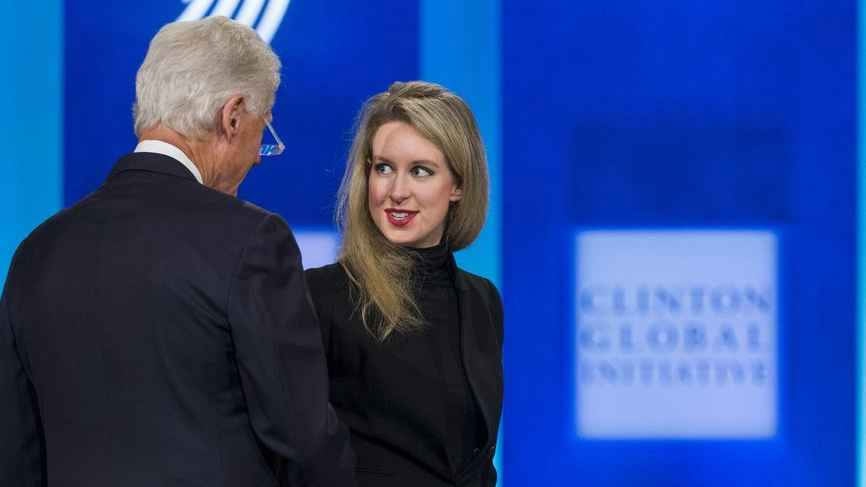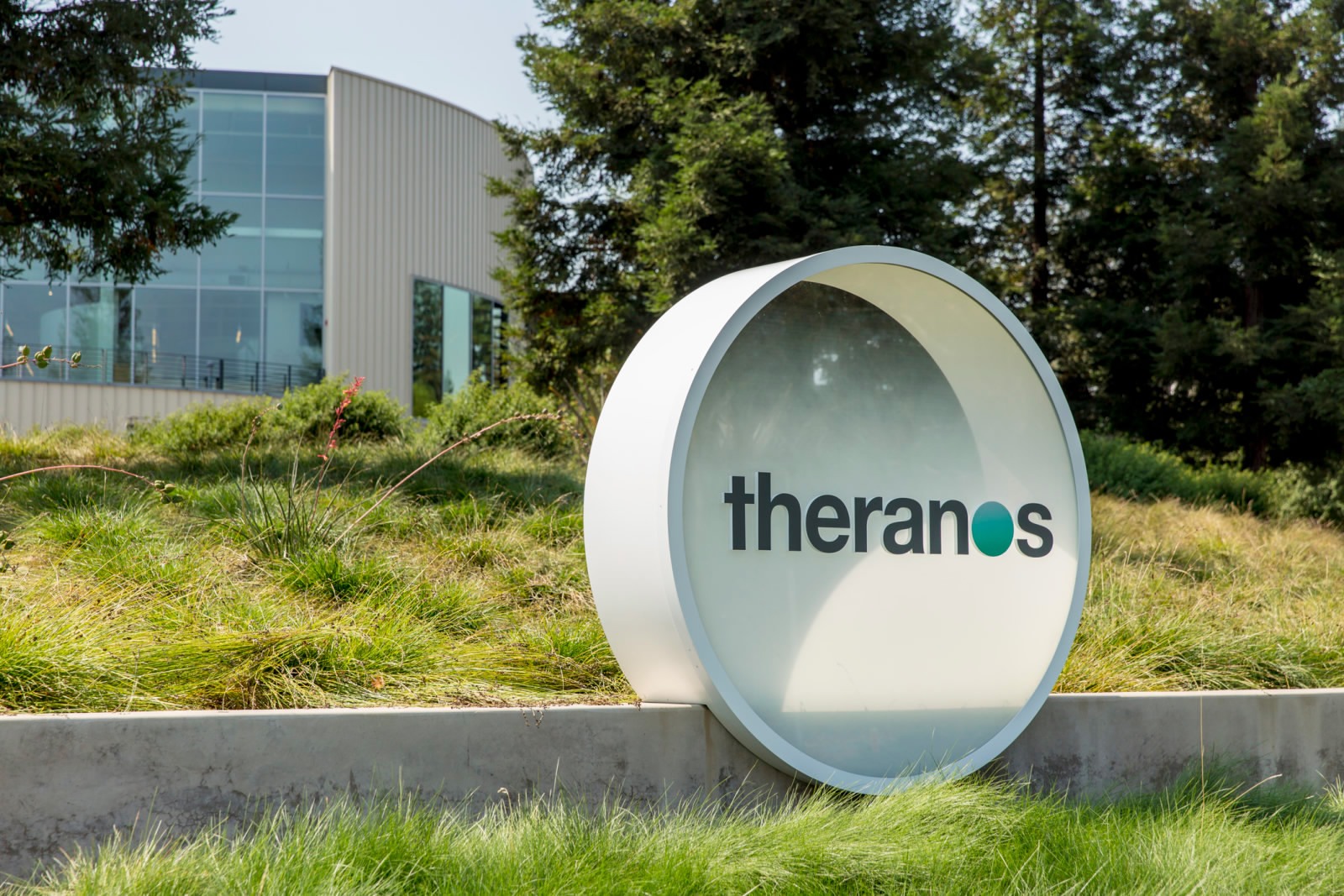
Business
11:59, 15-Mar-2018
SEC: Theranos and its founder settle US fraud charges
CGTN

Embattled blood-testing company Theranos Inc and Chief Executive Elizabeth Holmes agreed to settle “massive fraud” charges in a deal that strips her of majority control among other penalties, US regulators said on Wednesday.
Theranos was once hailed as a Silicon Valley star, with a 9 billion US dollar valuation based on its promise to disrupt the laboratory testing business by simplifying procedures to analyze a single drop of blood. Founded in 2003, its fortunes began to wane in 2015 after the Wall Street Journal reported that its devices were flawed and inaccurate.
As part of the settlement, the Securities and Exchange Commission (SEC) said company founder Holmes must also return millions of shares to the privately held company, pay a 500,000 US dollar fine and cannot serve as an officer or director of a public company for 10 years.
The SEC’s complaint alleged that the company, Holmes and Ramesh “Sunny” Balwani, Theranos’ former president, “made numerous false and misleading statements in investor presentations, product demonstrations, and media articles” about its key product.
Balwani did not agree to a settlement, the agency said.
Theranos raised more than 750 million US dollars from investors including well-known venture capital firm DFJ, Walgreens, media mogul Rupert Murdoch and Oracle co-founder Larry Ellison. Many investors have already sold their stakes.
The SEC, describing the case as involving “massive fraud,” said Theranos, Holmes and Balwani were charged “with raising more than 700 million US dollars from investors through an elaborate, years-long fraud in which they exaggerated or made false statements about the company’s technology, business and financial performance.”

Reuters Photo.
Reuters Photo.
The SEC’s co-director of enforcement, Steven Peikin, said on a conference call with reporters that the move to remove control of the company from Holmes was very rare for the agency.
“It’s a pretty unique set of remedies,” he said. “And I think it’s a particularly meaningful one … particularly in Silicon Valley where the founders of startup companies like this obviously value the concept of control.”
Peikin said the SEC intends to pursue litigation against Balwani. The regulator pursued charges against Holmes and Balwani to deter executive wrongdoing elsewhere and out of concern that imposing stiff penalties on the company itself could make it even more difficult for defrauded investors to recoup any funds.
“Really this company was a company that was a two-person operation, where Holmes and Balwani exclusively controlled Theranos. They were responsible for all of the misconduct alleged in this complaint,” he said.
Jina Choi, the head of SEC’s San Francisco Regional Office, said the company’s troubles offered “an important lesson for Silicon Valley.”
“Innovators who seek to revolutionize and disrupt an industry must tell investors the truth about what their technology can do today, not just what they hope it might do someday,” she said in a statement.
Source(s): Reuters

SITEMAP
Copyright © 2018 CGTN. Beijing ICP prepared NO.16065310-3
Copyright © 2018 CGTN. Beijing ICP prepared NO.16065310-3